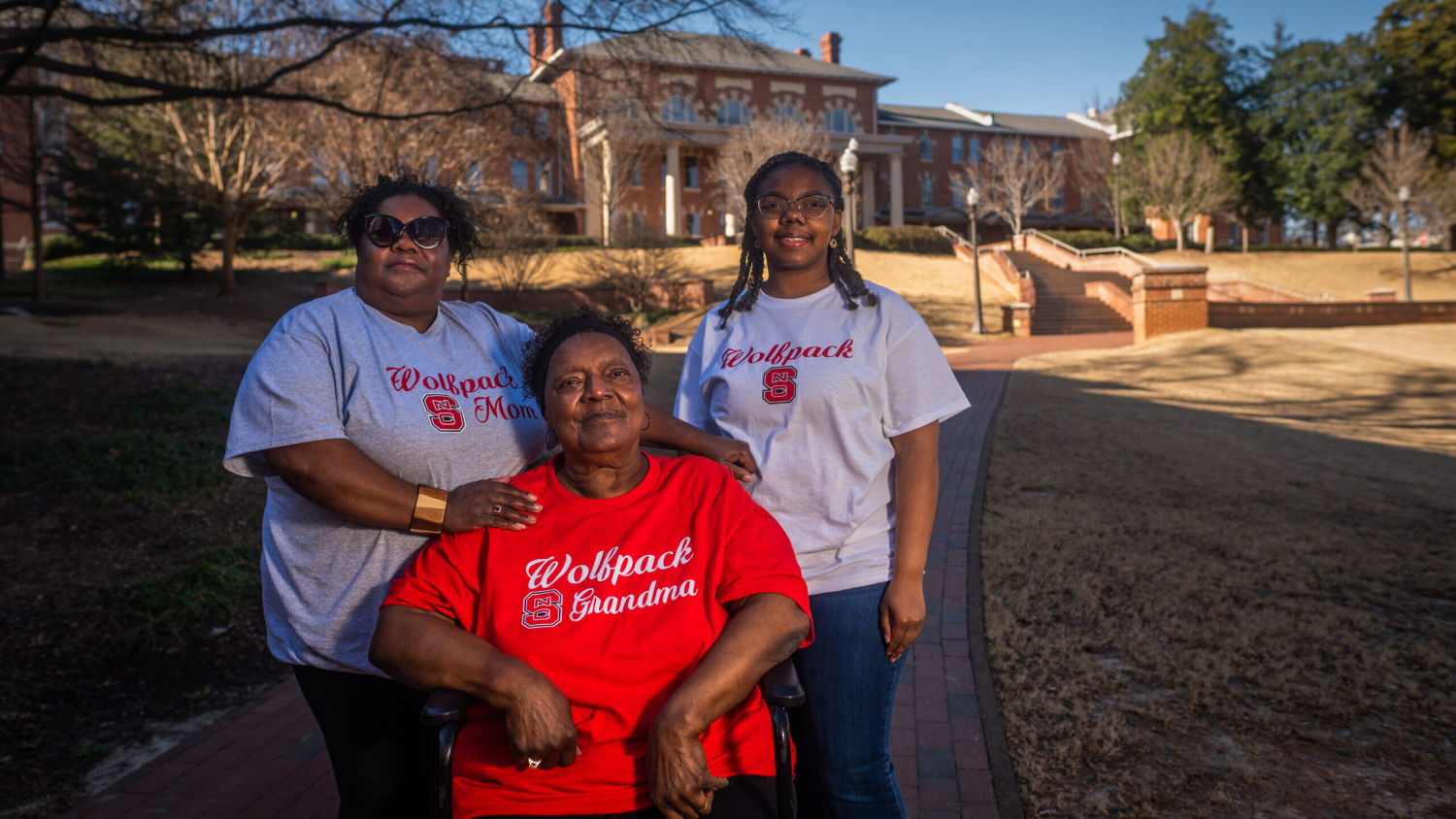How Memes Use Humor to Discredit African-American English
Internet memes can be entertaining, but a recent exploratory study finds that video memes can also use humor to contribute to — and reinforce — negative views of black culture.
“In this context, when we talk about memes, we’re talking about replicable, remixable internet artifacts,” says Shalina Omar, a linguistics graduate student at NC State who conducted the research. “For example, videos of people who have given interviews to news outlets and whose interviews have been widely shared, Auto-Tuned, etc.
“I’m not trying to be the humor police here — that’s not the point and it’s not productive,” Omar says. “But if you believe that African-American English is a legitimate way of speaking, then you need to pay attention to how it is portrayed online.”
For this project, Omar analyzed user comments on four YouTube memes. She found that comments reflected several troubling ideas that effectively treat black speech patterns as inferior.
“The ideas themselves aren’t new, but this work identifies them in the context of online memes,” Omar says.
The first idea is trivialization, which is the sense that African-American English is inherently cute or funny, rather than a legitimate means of communication. The second is vilification, which derides those who do not conform to so-called “Standard” English speech patterns. The third is exceptionalization, which singles out black speakers who do conform to Standard English as being remarkable.
“Memes are a way of tracking what people respond to online, making them a de facto barometer for cultural interest and ideologies,” Omar says. “That means the memes I’m looking at can offer insight into the cultural weight and interpretations that people give to speech.
“And what I’ve found is that people are often not just laughing at the situation or circumstance — they are laughing at individuals because of who those individuals are or how they speak,” Omar says. “This is a small-scale, exploratory study, but I think the questions raised here are worth examining.
“I don’t know if there is a real solution to this, because linguistic subordination is a widespread and institutionalized problem,” Omar says. “However, there are things people can do to push back against it. For one, I think education about dialect diversity is important — and often overlooked as a type of diversity. Educating the public about dialect diversity lends legitimacy to non-Standard or stigmatized varieties of English and helps fight against often racist ideologies.
“It’s also worth encouraging people to simply step back and look at these memes before reposting them,” Omar says. “We should ask ourselves and our peers, ‘Why do we find this funny? Is the content amusing? Or are we laughing at a person, a language, a caricature?’ It’s important to be able to think critically about this and call each other out on problematic issues.”
A paper on the study, “‘It’s true; ain’t nobody got time fo dat’: Linguistic Subordination and the Humor of Black Speech,” will be presented April 21 at the Southeastern Conference on Linguistics in Blacksburg, Va.
- Categories:

